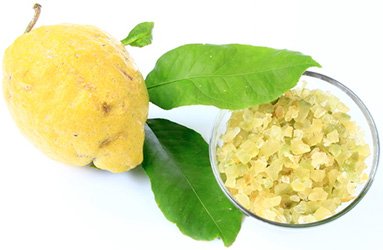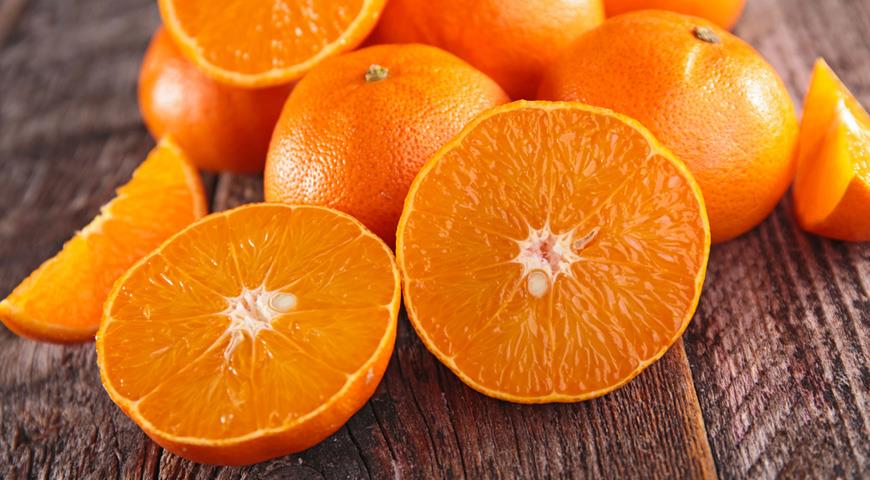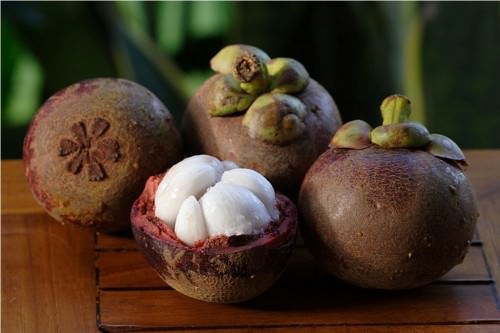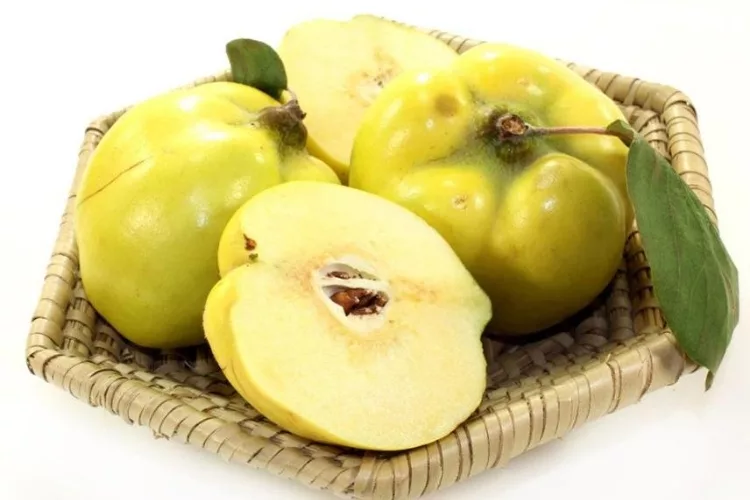12 Unusual Facts About Citron
by Editorial Staff
Citron is a rare fruit that belongs to the citrus family. At the moment, it grows only in some rather limited areas. Theophrastus, Virgil, Martial also spoke about this fruit, it is also mentioned in the Bible.
Facts About Citron

- The history of the origin of this citrus tree is shrouded in many legends. Botanists still do not know for sure how this plant got to the European mainland in general, and in particular to Italy.
- Some historians suggest that the strange fruit was brought to the Mediterranean back in the 3rd century BC by Alexander the Great, perhaps from the coast of the Nile, Mesopotamia, or Indian lands.
- This plant is a sprawling tree with a height of 140-160 cm. Unlike other citrus fruits, the branches of this tree are covered with sharp thorns, and the leaves have a rich green hue and a pointed oval shape. The aroma emitted by plants is so strong that it can be distinguished from a great distance from the plantations. Due to its rare aromatic properties, this citrus is often used in perfumery.
- Delicate citron does not tolerate cold at all, therefore, in the warm latitudes of the Mediterranean, it is often necessary to cover it with reed mats. This precaution is especially necessary for those trees that are planted along the banks of rivers or near the sea.
- Growing a citron and getting good fruits is a difficult business that requires significant labor costs, therefore among the Calabrians, there are no enthusiasts who are ready to start one tree on their site.
- Despite the efforts of gardeners, citron yields small yields. Fruits are harvested mainly in November when they reach the required size and the desired degree of ripeness.
- The end of the harvest is celebrated every year on the Citron Riviera with festivities. They are especially lush in the capital of the region, Santa Maria del Cedro.
- Because of the thickness of the rind and the bitter taste, chedro is rarely consumed raw. In Asian countries, however, they began to soak citron in salted water for a long time to reduce bitterness.
- Citron leaves are used for "exotic" dolma. The British, too, did not remain indifferent to citron - they add it to Christmas pudding. And in Japan, the fruit known as bushukan is often used to decorate all kinds of festive dishes.
- The essence of chedro peel is also quite widely used: it is added to pasta, due to which they have a green tint, used to freshen the air, and in the Middle Ages, laundry was washed in it.
- The edible part of citron contains from 11 to 18% dry matter, up to 3% sugars, and up to 6% citric acid. The mineral composition is represented by calcium (34-40 mg), phosphorus (20-70 mg), iron (0.4-4 mg). The vitamin complex of citron consists of beta-carotene (in the peel), ascorbic acid, essential B vitamins for humans (1, 2, and 5).
- A decoction of citron leaves and flowers will protect the scalp and hair follicles, and give a healthy shine. Also, useful decoctions and infusions of chedro fruits and flowers have an excellent tonic effect on the hair follicles and scalp. And citron extract is included in various shampoos, balms, masks for dull and weak hair.
 Also Like
Also Like

Guava is an evergreen plant of the Myrtle family, which includes about 100 species. This plant is native to the tropics of South America, but today it is grown in other parts of the world. The guava fruit is widely used for making desserts. Guava fruits a...

14 Unusual Facts About Mango That Few People Know
Mango is a tropical evergreen tree that reaches a height of 20 m (and some species – up to 40 m). Its fruits are oval and yellow in color. They look more like a pear with a bone. The pulp is juicy, sweet, and firm. Hindus consider mangoes as a source of v...

Clementines are a hybrid of an orange and a mandarin, and this variety was bred by the French priest and breeder Father Clement, after whom the exotic fruit got its name. Externally, clementines are similar to tangerines with one difference – there are pr...

10 Interesting Facts About Arugulas
Indau, eruka, rocket, sowing caterpillar – this plant has many names, but whatever you call it less useful for health, it does not become from this. Arugula has a pleasantly bitter flavor that can add a spicy taste to any dish. Many who have tried it once...

10 Interesting Facts About Asparagus
All over the world, spring is considered the season of asparagus, when the first young juicy shoots appear from the ground. In our country, you don’t even have to look for local asparagus in the markets – you need to grow it (and it doesn’t grow in one ye...

10 Interesting Facts About Broccoli
There is more vitamin C in broccoli cabbage than in lemon, A – almost as much as in carrots, and the rest of the trace elements are certainly not less than in related vegetables of the cabbage family. It should be treated with caution by those who have in...

10 Interesting Facts About Cauliflowers
Cauliflower is superior to all other varieties in taste and nutritional content. What do you know about Cauliflowers? We will tell you 10 interesting facts about him, and if you have something to add, be sure to leave your comment under this post! Caulifl...

10 Interesting Facts About Dills
Many people actively use dill when preparing a wide variety of dishes; this seasoning is considered truly universal. What do you know about Dills? We will tell you 10 interesting facts about him, and if you have something to add, be sure to leave your com...

10 Interesting Facts About Fennels
Not the most frequent guest in our kitchens, but his every appearance should be noted. What do you know about Fennels? We will tell you 10 interesting facts about him, and if you have something to add, be sure to leave your comment under this post! The ho...

10 Interesting Facts About Garlic
Many doctors recommend eating garlic, in the absence of contraindications, of course. This is an extremely useful product, notable for the fact that when cooked or dried, it retains a significant proportion of useful substances. What do you know about Gar...

10 Interesting Facts About Greens
We know vegetables and greens are good for you. But what exactly is their strength and why are they so important in the daily diet? After examining the opinions of people leading a healthy lifestyle, we are a selection of 10 interesting facts. What do you...

10 Interesting Facts About Lettuce
Lettuce is known all over the world and has been actively used since the 20th century. People can grow lettuce on their own to consume its leaves or stump. It should be noted that lettuce varieties such as Roman are produced mainly in Europe (in the Medit...

10 Interesting Facts About Parsley
Even the usual seasoning can harbor a lot of unusual things. What do you know about Parsley? We will tell you 10 interesting facts about him, and if you have something to add, be sure to leave your comment under this post! Did you know that there are curl...

10 Interesting Facts About Pumpkins
Orange, juicy, bright, tasty, useful! Pumpkin is a real symbol of autumn. And what do you know about pumpkins? We will tell you 10 interesting facts about pumpkins, and if you have something to add, be sure to leave a comment under this post! In fact, the...

12 Interesting Facts About Daikon
Due to the high content of vitamins, daikon strengthens the immune system, and its phytoncides kill microbes. Daikon removes excess fluid from the body, cleanses the liver and kidneys, stimulates the stomach and intestines, and is even able to dissolve ga...

12 Interesting Facts About Mangosteen
We have already written about dragon fruit – one of the most popular fruits in Southeast Asia, especially in Thailand. We decided to continue the series of notes dedicated to fruits, which can be seen in abundance on Thai food stalls. The turn of mangoste...

12 Interesting Facts About Mustard
Mustard is an annual plant that grows up to 60 cm in height. The bright yellow flowers form seed pods, each containing about 6 seeds. What do you know about Mustard? We will tell you 12 interesting facts about him, and if you have something to add, be sur...

13 Interesting Facts About Beans
Many dishes contain beans, and in some countries, they are an integral part of the national cuisine, for example, in Mexico. What do you know about Beans? We will tell you 13 interesting facts about him, and if you have something to add, be sure to leave ...

14 Fascinating Facts About Chaenomeles
Japanese quince, or Japanese Chaenomeles, is a representative of the Plum subfamily, the Pink family, of the order Rosaceae. Japanese quince is small in height (grows from 1.5 to 4 m) with falling leaves (rarely semi-evergreen) bush or low tree, which is ...

14 Interesting Facts About Basil
Basil is considered an Indian spice and is used as a condiment in many cuisines around the world. What do you know about basil? We will tell you 14 interesting facts about him, and if you have something to add, be sure to leave your comment under this pos...
Comments for "12 Unusual Facts About Citron"
 |
 |
 |
 |
Get FREE Recipe Gifts now. Or latest free cooktops from our best collections.
Disable Ad block to get all the secrets. Once done, hit any button below
 |
 |
 |
 |